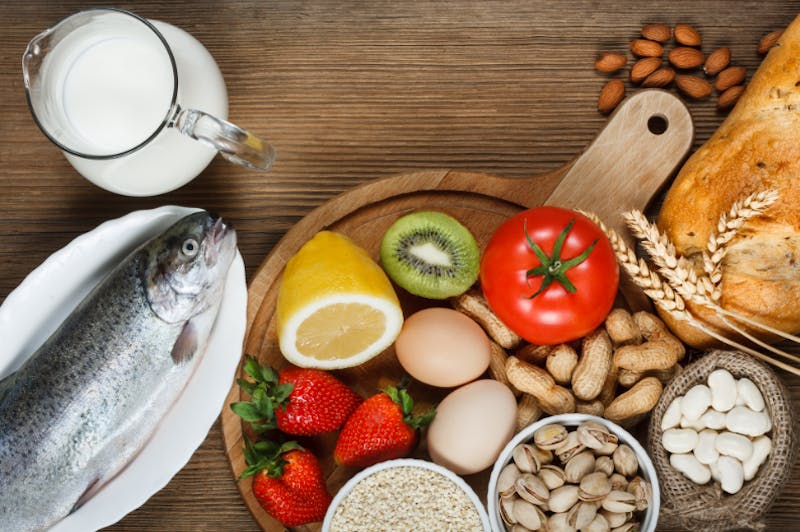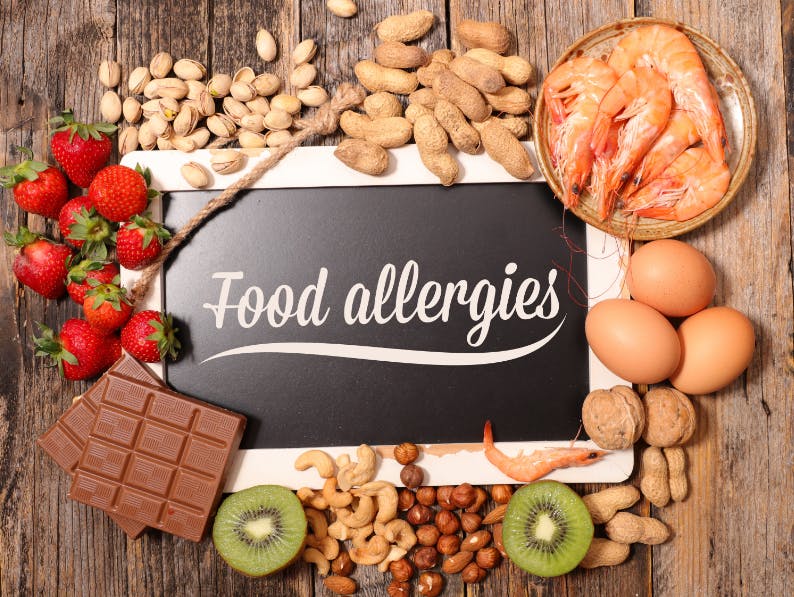
Despite the difficulties that this last year has presented, many people still look forward to feasting with a few close family members and friends this new year. With such feasts come the almost unspoken necessity for those attending to bring a dish to ease the burden on the host.
This is a wonderfully kind gesture, but it can also be a double-edged sword. Some people have extreme food allergies that if provoked can require immediate medical care, and the last thing you want to do is be remembered for sending your cousin Joey to the hospital because you included peanuts in your dish and forgot to mention it to him.
Below are some tips to help you be considerate and mindful of other guests’ actual medical needs.
- Ask everyone coming if they have any food-related allergies regarding the ingredients in your dish.
They may not feel comfortable answering, but at least you can say you asked, you can only control your end, not theirs.
- Ask the host if they know of anyone with any food-related allergies.

This is you doing your due diligence in regards to everyone’s safety. You’ve asked all the guests, you’ve asked the host you’ve done your part.
If you don’t feel comfortable asking people such questions, here is a list of common food allergies so you’re as prepared as possible.
- Milk
- Fish (e.g., bass, flounder, cod)
- Eggs
- Soybeans
- Peanuts
- Crustacean shellfish (crab, lobster, oysters, shrimp, etc…)
- Tree nuts ( almonds, walnuts, etc…)
- Wheat
Last but not least, it’s important that you don’t shame anyone who indicates they have a food allergy. It is not their fault and it is a legitimate medical condition. The last thing you want to do when we are focused on being thankful for the blessings we have is to make someone feel bad over something they can’t control.

